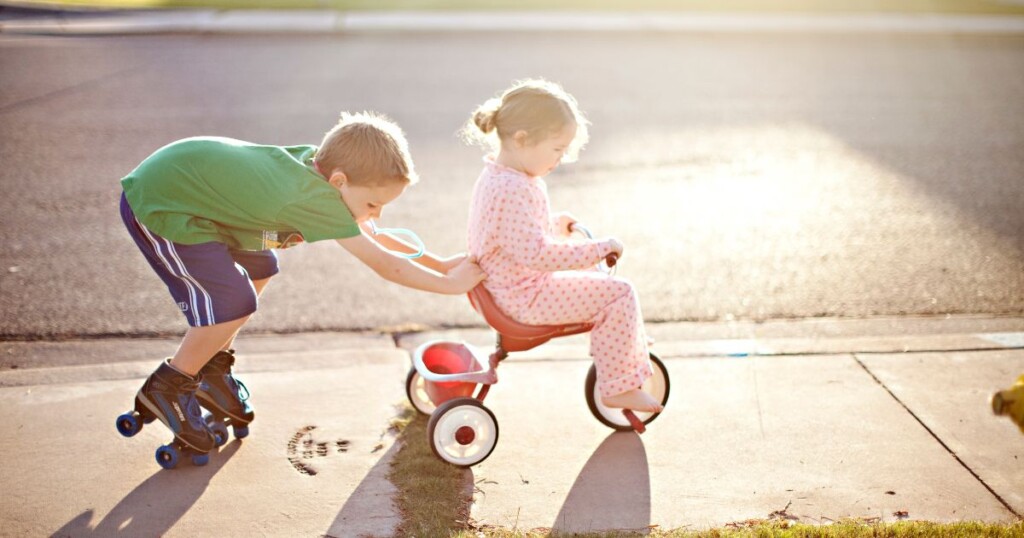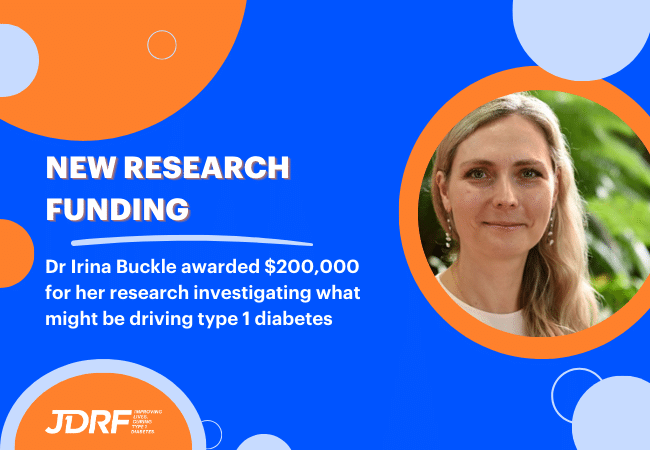Support for siblings of children living with type 1 diabetes

If you have experience with type 1 diabetes (T1D), you’ll know that it can affect the whole family. And siblings of a child living with T1D can also be impacted by their brother or sister’s diagnosis.
Although they’re not the ones being treated for T1D, siblings can be significantly impacted in lots of other ways. They can feel T1D ‘intruding’ into their life at mealtimes, or when the family is juggling school activities with specialist appointments, or when their sibling is upset about their T1D management. They may also pick up on any financial stress the family is experiencing.
Siblings may worry about whether they will ‘catch’ diabetes, or whether they somehow caused it. They may worry about the future health of their brother or sister, or what might happen if the child living with diabetes has high or low blood sugar levels. There may be guilt that they don’t have diabetes themselves. Or there can be resentment about their sibling getting what they see as special treatment, or family routines being affected.
Other children may not understand why there are so many ‘special’ adjustments made for their brother or sister. They can feel left out or less important in their family.
And yet other children won’t seem affected by it at all! This is also completely normal. It just all depends on the individual child, their temperament and personality.
How Siblings Australia can help
If they’re supported, siblings can understand better and be more willing to support their brother or sister. That’s how Siblings Australia can help.
Since its inception in 1999 by Kate Strohm, Siblings Australia has sought to support the brothers and sisters of those living with disability and chronic illness. The Siblings Australia vision is simple: ‘Siblings: acknowledged, connected, resilient’.
A national organisation, Siblings Australia provides education, advocacy and research to raise awareness and knowledge for siblings, parents, professionals and government.
Visit the Siblings Australia page just for parents for downloads and information on parenting programs to support the whole family.
Other advice to help siblings after a T1D diagnosis
It can help your child if they know that you understand that life can be difficult for them too. Here a few things to try:
- truly listen to what they say, and empathise with them
- help each child feel special, spending some one-on-one time with each one
- read age-appropriate books with your children about T1D to help them understand the condition better
- read books about feelings, such as the Brian Moses series (eg, It’s Not Fair) and talk about what they understood from it
- engage with the health professionals who support your child living with T1D, and help them to show interest in the whole family.
Visit Siblings Australia or call 08 8253 4936 for more information.




